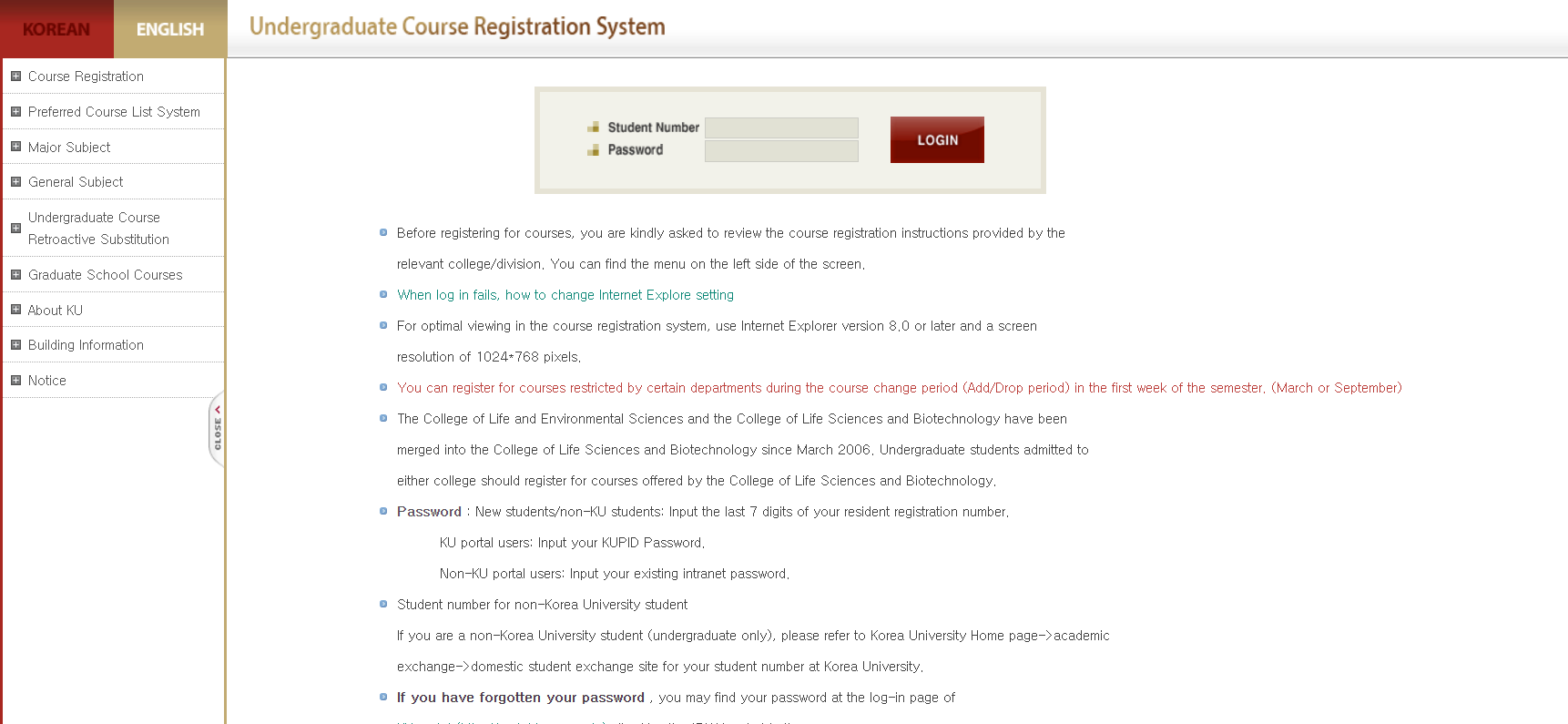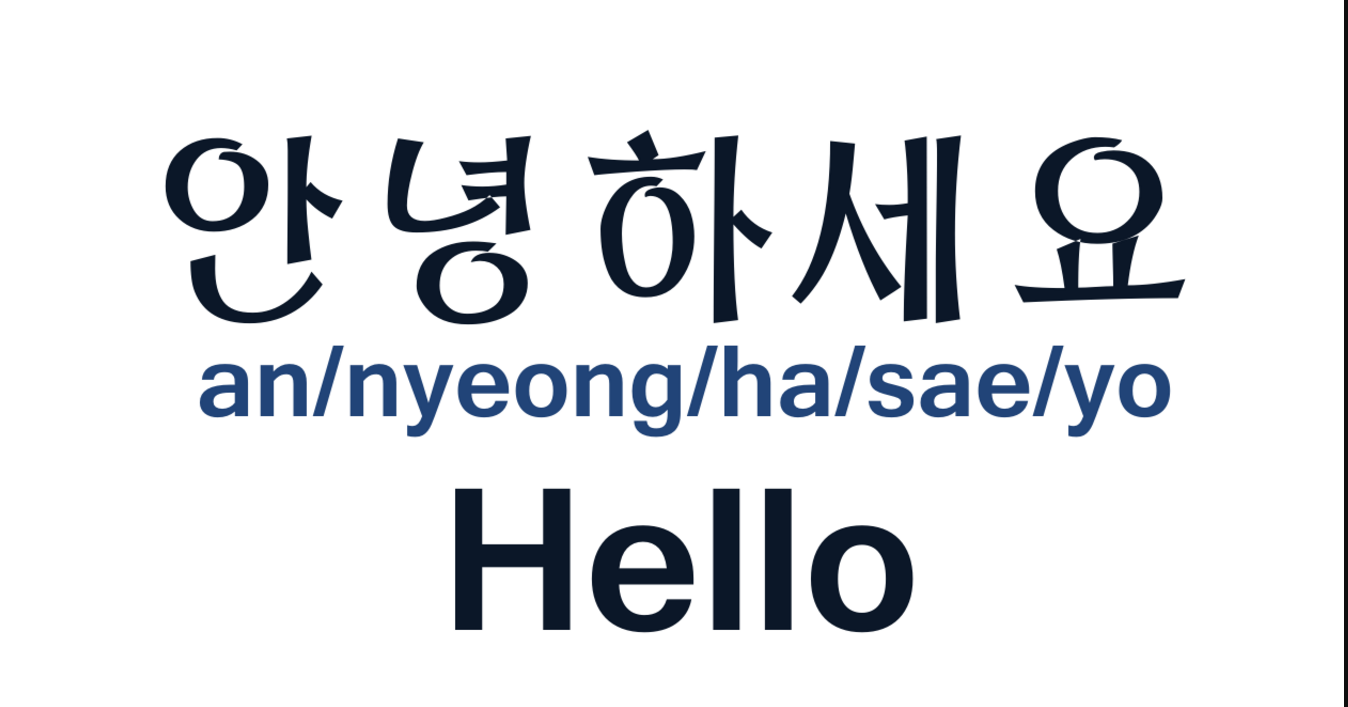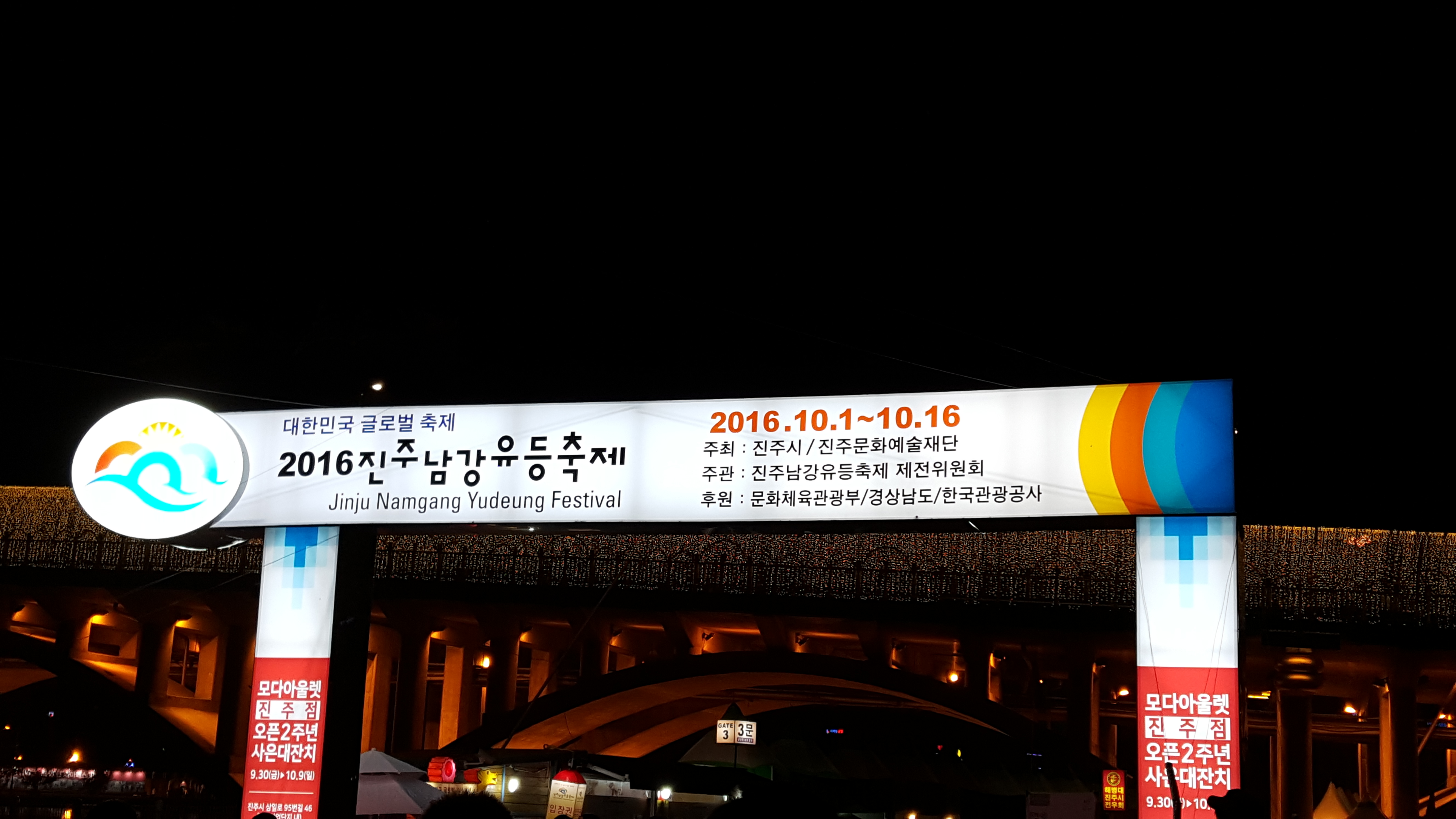Here are 10 tips I found useful in my time studying abroad that can be used anywhere, but especially South Korea!
- Research your host country
Before you 100% commit to your study abroad destination choice, do some research on the country, culture, schools, and other things to ensure it is somewhere you truly want to study abroad. With so many great cities around the world, it may be difficult to choose just one! When starting my study abroad journey, I wanted to go to so many places. I recommend considering which places you would want to spend a vacation for a few weeks in, and which you would want to live in for several months. Also, make sure you are going for good reasons that you can learn from. Studying abroad in South Korea for several months just because you may see your favorite k-pop idol or drama star may not be the best idea. I chose South Korea because I’m really interested in the culture, language, history, and many other aspects.

Many of the streets in South Korea are quite crowded with people and shops!
- Packing – No need to pack so much!
Make a list and plan out what you will pack before you start. You definitely do not want to over-pack otherwise you’ll end up with too much stuff and need to throw away items or pay for extra baggage when returning home. Even if you do not plan on buying a lot of items abroad, you will accumulate things throughout the semester and wonder at the end how you got so many new things. When out and about you may see some random neat things or school gear that you’ll purchase along the way. During my semester, I bought several school apparel items, including a letterman jacket! I packed enough clothes that could last around 1-1.5 weeks and was able to fit everything into one 29” suitcase. I bought several new pieces of clothing when shopping with friends around Seoul. Find out what the weather is like in your host country and pack accordingly. Most importantly, pack comfortable shoes! In South Korea, you will walk and use the subway to get everywhere with the occasional taxi ride.
- Search for information about your school
Most if not all study abroad institutions with have information for English-speakers on their website. Usually it can be found on the ‘Office of International Affairs’ page. Google will be your best friend before studying abroad, especially when it comes to South Korea. When I was doing my research I found it wasn’t as easy to find information on studying abroad in South Korea as it was for a destination such as London or Paris. It’s getting better as more students study abroad and post media of their experience abroad, so with some time and effort, you can definitely find blogs and some videos online that will greatly help prepare you for the semester. Some important things to research are the dorms or living arrangements, majors and classes offered, curfew times, location relative to subway, and anything you want to do. When I asked students what they wanted to know prior to their arrival, the number one thing was the dorms: how big they were, what they needed to bring or buy (buy all your dorm needs at Daiso or Home Plus), and what it looked like. Another top thing they wanted to know was how the classrooms were as far as size and setup.

Korea University OIA website.
- Search the school website for class information
Registering for classes was perhaps the biggest headache I came across in South Korea because I wasn’t fully prepared for it. They use a different system than I am accustomed to. For Korea University, there are only two week-long periods during which you can register for courses. Furthermore, there were additional restrictions such as registration by grade level, semester specific courses, and a limited amount of international student spots in classes. Every school has a list of majors and courses offered so you can get an idea of what you’re getting into. Afterwards, the school website, your study abroad program, or home international office should have information on courses that are taught in English. I would advise you put in the extra time to look through all the classes and try to make a list of which courses you want to try to enroll in. Another thing that caused many students problems was that Korea seems to predominantly use Internet Explorer as their main browser. Make sure you have it installed on your laptop for school use to avoid any problems during registration. If you have all of these things prepared ahead of time and are ready and waiting for registration time to open, you should be good to go!

Korea University class registration page.
- Learn Korean
While there were many students who did not know any Korean before arriving for their study abroad experience, it can only make your experience better if you know the basics of the language before you arrive. Prior to going to Korea, I utilized the months before to learn some Korean on my own when I had spare time and it helped me significantly. It makes ordering food or coffee much easier and when you do, you feel very accomplished! Luckily, many if not most Korean students speak and understand English enough to communicate so don’t fear if you are a beginner. Korea University also has a fantastic program called Korea University Buddy Assistants (KUBA) where each native Korean student is paired with several international students to your buddy for the semester. Many students become very close friends with their buddy and keep in touch even after the semester and program are finished. The KUBA buddies are there to help you with anything, setup KUBA events/activities, practice Korean with, or simply just be your friend. Some helpful and free korean language learning sites that I love are talktomeinkorean.com and howtostudykorean.com

Learn Korean!
- Make friends!
It can be easy to fall into a routine and only hang out with your friends from your home university or students you meet upon arrival that speak the same language as you. This is great and all but I highly encourage you to talk to and make a lot of friends outside of your immediate social circle. Schools such as Korea University have a large international student base- just in fall 2016 there were around 2,000 international students! This is a great opportunity to meet new people and learn about even more the world’s cultures. Plus you never know when you’ll travel to different countries in the future and it’s good to already have some friends there! Within the first week, I had made friends from all over the world who spoke many different languages. It was great hearing the diversity of spoken languages such as Italian, French, Chinese, Japanese, and many more!

Make friends from all over the world!
- Go out of your comfort zone -Say yes and try new things!
You are in a new place and might not know even a single person there. Time to get out of your comfort zone that you are used to and try new/different things! There will be plenty of things to do and students doing many different activities. While you don’t necessarily have to do every activity that comes up, you shouldn’t hide in your dorm! A new country will have a different culture than you’re accustomed to and could be very enjoyable. Now is the perfect time to live a different lifestyle and learn not only about a new culture, but you can learn a lot about yourself as well. Maybe you’ll pick up new skills or find a new hobby that you love. You’ll never know if you don’t try! South Korea has so much to offer from gaming and sports, to language cafes, to hiking or exploring beaches in Jeju. There have been many occasions where I’ve felt tired, lazy, or not really interested in something. But I push myself to go and afterwards I’m usually glad I went as it was so much fun.

We traveled 3 hours to Jinju for the lantern festival!
- Do not neglect your studies
While being abroad and experiencing new things with new friends, you’ll be having an abundance of fun, however you must not neglect your studies. It’s important to do well not only to uphold the standards of your host university, but also to ensure you are still on track at your home university. It would be terrible to have graduation delayed or financial aid removed because you had too much fun and didn’t work on your studies. It may not seem like it, but if you plan well and study hard, you will always have time for fun and exploring the city. Since Seoul is very connected with the subway system, you can get to so many places in a short amount of time so there isn’t a need to worry about accounting for extensive travel time. The key is utilizing your time well and making sure you have your priorities in order! In Korea, students take their studies very seriously and study hard to get into some of the top universities. They also make plenty of time for fun, so it’s a work hard, play hard life.
- Record videos, take pictures or write!
Not everyone is a natural when it comes to recording a vlog, taking nice photos, or writing. However, you should still make an effort to do one or all of those things while you are abroad. Whether you are an aspiring YouTube creator, and want to make vlogs abroad, or simply want to share with friends and family back home, documenting your experience in some form of media is great to have and will be even better down the road. The key thing is to not be afraid or hesitant to start. Many students aren’t used to recording vlogs, taking pictures, or writing down their thoughts or daily recap. This is okay! Everyone must start somewhere and you will only get better with practice. I’ve seen students who are shy or hesitant to whip out the camera and record or ask someone to take a picture of themselves and they regret it later on. This is also a great chance to get creative with your media and who knows, maybe you’ll create the next great YouTube or photo idea that will take the internet by storm!
- Embrace and adapt to the cultural differences.
You are in a new country with a different culture. The best thing to do is observe and adapt to try and fit in. The worst thing to do is to expect the people in your host country to change and adapt to you! South Korea will be quite different from what you’re accustomed to. They speak a different language, live a different lifestyle, and eat different foods that you are used to. It can be difficult to make the change from your home culture but if you give it a chance and really make an effort, you find a new appreciation for things you’re used to at home and find out more about yourself. You also may enjoy some of the new cultural things you learn from South Korea that you wish you had back home. Like karaoke rooms with friends and 24 hour Korean barbecue places!



